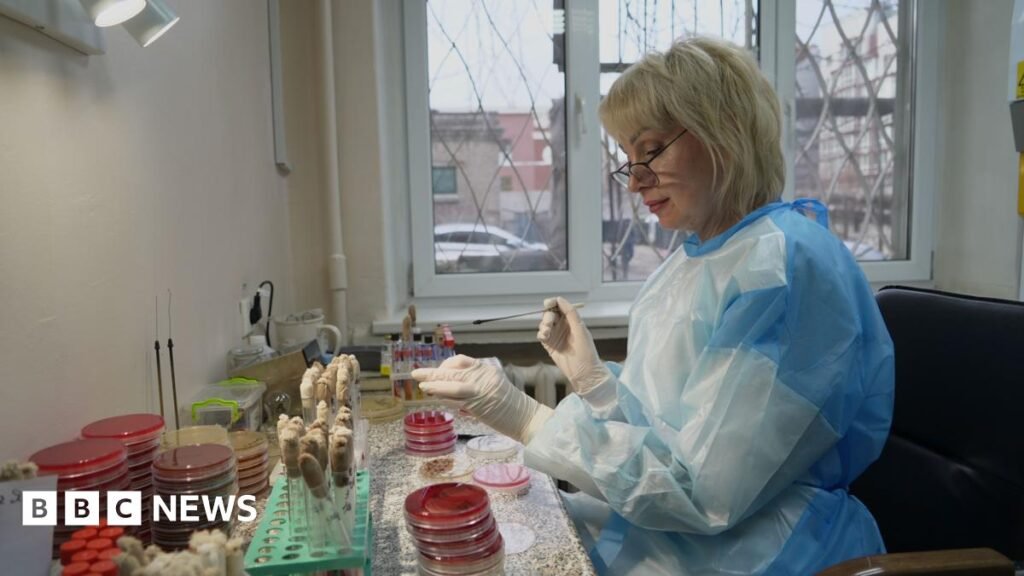When Pyotr Alexander Bezverhnyi was evacuated to the Feofania hospital in Kyiv, few believed that he would survive. The 27-year-old guy had a serious wound in his abdomen, his buttocks were pierced by shrapnel. Both his legs were amputated.
Then doctors discovered that his infections were resistant to commonly used antibiotics – and the already difficult task of saving his life became almost hopeless.
Antimicrobial resistance (AMR) is when bacteria evolve and learn to defend themselves against antibiotics and other drugs, rendering them ineffective.
Ukraine is far from the only country affected by the problem, with an estimated 1.4 million people worldwide dying from AMR in 2021, and the UK having 66,730 serious antibiotic-resistant infections in 2023. However, the war seems to have accelerated the spread of multidrug-resistant pathogens in Ukraine.
A sharp increase in cases of AMR has been recorded in clinics treating war victims. More than 80% of all patients admitted to the Feofania hospital have infections caused by microbes resistant to antibiotics, said Deputy Chief Physician Dr. Andrei Strokan.
Ironically, antimicrobial-resistant infections often originate in healthcare settings.
Medical personnel try to follow strict hygiene protocols and use protective equipment to minimize the spread of these infections, but facilities can be overwhelmed by people injured during the war.
Dr. Uladzimir Dubina, head of the intensive care unit at Mechnikov Hospital, said that since the beginning of the Russian invasion, his unit alone has increased the number of beds from 16 to 50. Meanwhile, many employees have fled the war or joined the army themselves, and staffing levels are falling.
Dr. Strokan explained that these circumstances can affect the spread of AMR bacteria. “In surgical wards, one nurse serves 15-20 patients,” he said. “She is physically unable to wash her hands in the amount and frequency necessary to avoid spreading the infection.”

